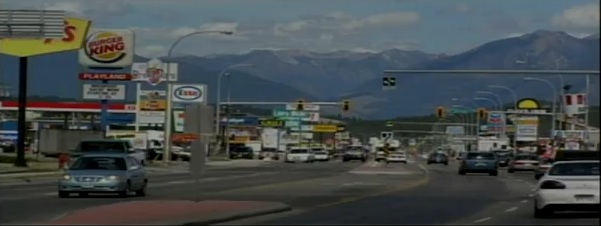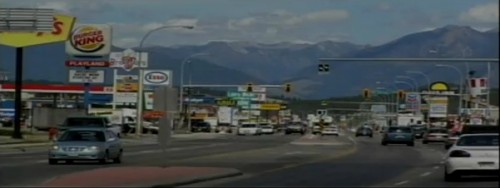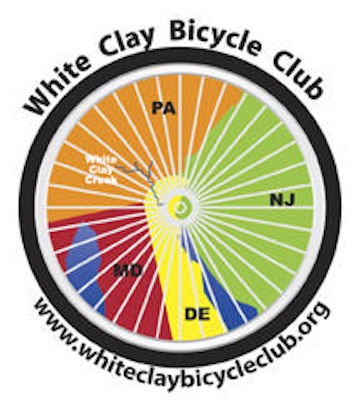"Complete Streets" = Routine Accommodation

When Governor Jack Markell signed Executive Order #6 on April 24, 2009, ordering the creation of a “Complete Streets” policy at DelDOT, many Delaware bicyclists were giddy. If the Delaware bicycling community were blessed with its own version of Martin Luther King Jr., he might have yelled out “Free at last! Free at last! Thank God Almighty, we are free at last!”
In reality, however, an informal “Complete Streets” policy has been in effect at DelDOT for a number of years, just with a much less exciting name: “Routine Accommodation”. And, as DelDOT has pointed out, such multi-modal accommodation has been happening routinely in DelDOT projects, just with less fanfare and without the sexy name of “Complete Streets”.
So, what has “routine accommodation” meant for bicycling in Delaware? The most important thing to keep in mind is that “routine accommodation” is not a commitment to make dedicated, stand-alone and strategic investments in bicycling (or walking, for that matter). Instead, it’s a commitment to keep these other ways of getting around in mind while improving roads for car and truck travel. The policy explicitly applies to “road reconstruction” and projects that “widens [sic] the pavement width“. Under the “road reconstruction” label, it is possible to imagine, of course, all kinds of traffic calming and road diet projects, but in practice these are uncommon. (And if a project was motivated by these kinds of concerns right from its inception, there would be no need for an “accommodation” of walking and biking in any case.)
Is “routine accommodation” better than nothing? Yes, it is. But it’s important for advocates to understand the enormous difference between a street and a road and that DelDOT’s policy – despite its misleading name – only applies to roads. We do need a true Complete Streets policy that emphasizes traffic calming and makes explicit that level-of-service does not apply to streets. But that policy is still missing in Delaware.
RELATED:
• Can a Stroad Ever Be a “Complete Street”?
• The Important Difference Between a Road and A Street
• Do Conversations Like This Still Happen in 2011?
• Wider. Straighter. Smoother. Faster.
• First, Do No Harm to Pedestrians and Bicyclists









